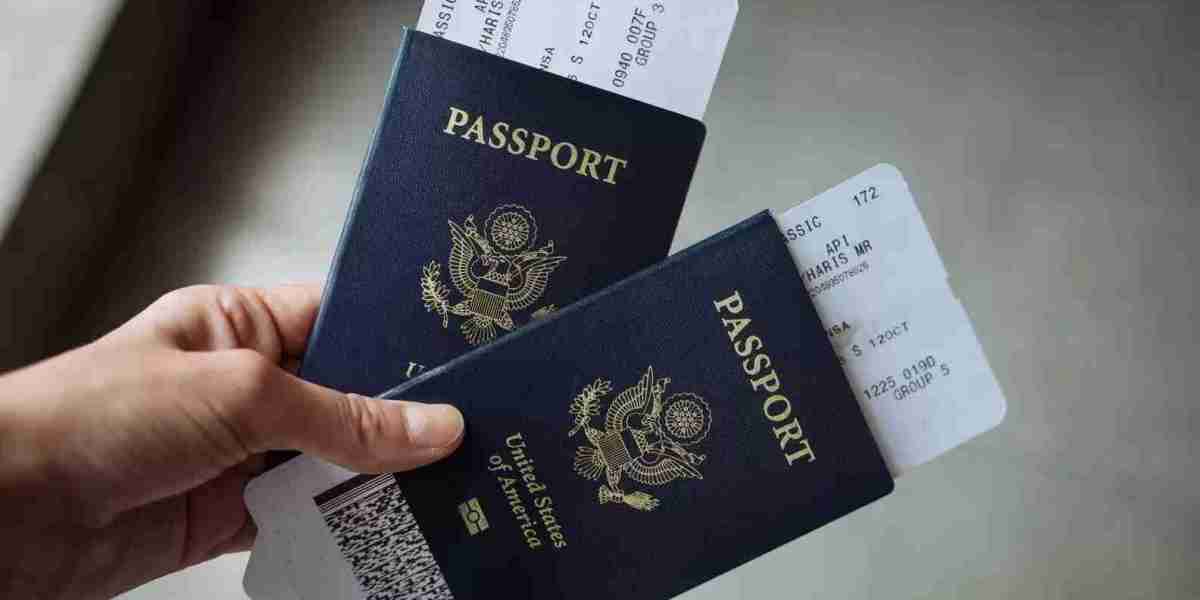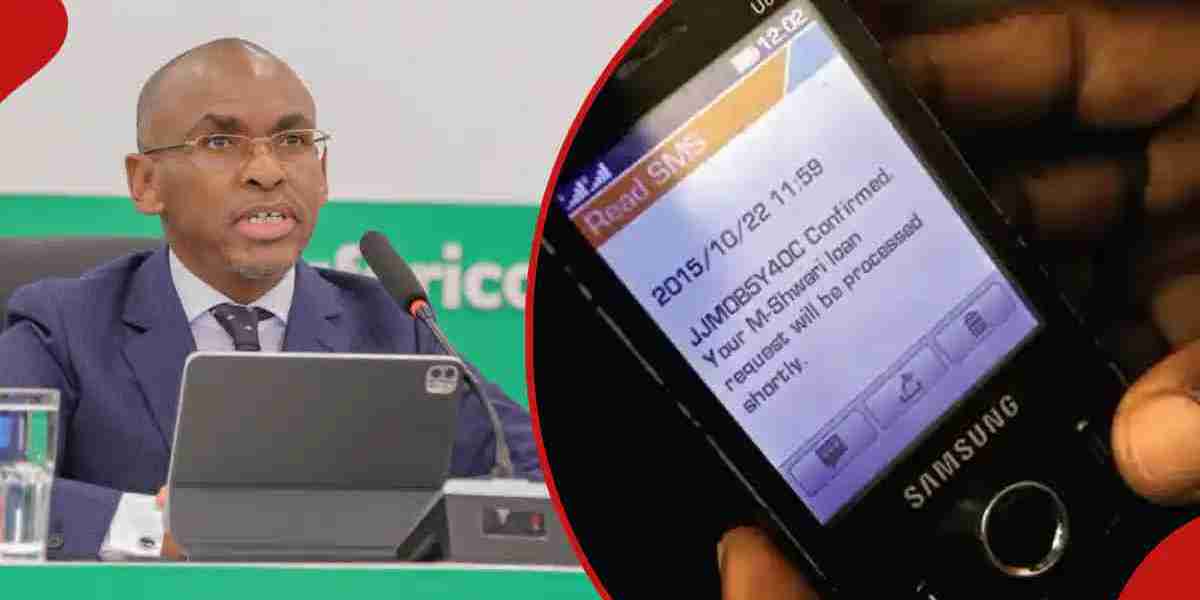To protect your travel documents and avoid identity theft while you are traveling, there are few precautions to take. One of the easiest ways for your information to get taken is through loose travel documents like itineraries or hotel confirmations. When you share them, you should make sure the information is protected—and not just your physical copies. Digitally shared information is especially vulnerable to hackers.
Experts at Adobe Acrobat shared with Thrillist some ways to make password-protected PDFs, which is one way to keep digital files safe when you are sharing them. This guide might be especially helpful for those family members you've got who are still struggling with opening PDFs to begin with. Here are the instructions from Adobe on creating a password-protected PDF:
1. Once you are on the Adobe Acrobat online tool, click the "Select a file" button or drag and drop a PDF into the drop zone on
2. Enter a strong password, then retype it to confirm the password. Avoid personal information or commonly guessed words, and try to include random letters and numbers.
3. Click "Set password," and you're done!
There are other ways to password protect important documents. The Department of Customs and Border Protection has its very own guide on password protecting digital documents. Anything that has personal information, travel details, or financial information shouldn't be shared without protecting the documents first.
It might feel tedious now, but it's not as tedious as trying to contact your bank in the middle of what was supposed to be your relaxing vacation because someone with an IP address in the middle of the ocean used your identity to try and purchase a bulk supply of Beanie Babies.
Other expert tips on protecting your identity
The tip above is a great way to prevent getting scammed while traveling—but there are plenty more tips to consider. And it is more necessary now than ever. According to Statista, cyber crime is expected to grow even more between 2024 and 2028.
So how can you avoid becoming the next victim? The experts over at Norton shared with us three common ways you are vulnerable to cyber crimes like identity theft. Here's what they are, and how to protect yourself against them.
1. Public Wi-Fi attacks
When you're traveling, getting hooked up to a Wi-Fi connection is a top priority. But not all connections are created equal. If you are connected to a public network, this leaves you vulnerable to all sorts of online attacks. To best protect yourself, Norton recommends using a VPN (virtual private network). VPNs can be set up on laptops, tablets and even phones. Here's a quick guide how, from CNET.
2. Spoofed websites
It is, unfortunately, incredibly easy to make a fake website, and this is a common scam in the travel space. "Cybercriminals can spoof hotel and airline websites, leading to cybercriminals having your credit card info and hotel/airline account logins," a Norton expert shared with Thrillist. "Make sure to book directly through official/verified websites and check that the URL starts with "HTTPS.'"
3. Identity stealers
A classic crime that doesn't require the web? Good ole' fashion theft. "Accidentally leaving a wallet at a rest stop or airport could allow a bad actor to start a credit card fraud rampage," Norton's expert explains. "Additionally, letting cybercriminals know you’re on vacation by posting photos on social media also opens an opportunity for criminals to steal your snail mail at home with sensitive information to access your accounts or obtain documents in your name." Make a concerted effort to keep all your important documents in a safe place while traveling, and if you plan on posting online, make a plan for your mail to be collected by a neighbor or friend to reduce the likelihood that it can be stolen by a bad actor.
Looking for more travel tips?
Whether you need help sneaking weed onto a plane, finding an airport where you can sign up for PreCheck without an appointment, or making sure you’re getting everything you’re entitled to when your flight is canceled, we’ve got you covered. Keep reading for up-to-date travel hacks and all the travel news you need to help you plan your next big adventure.


